Last Updated on March 26, 2023
Throughout history, there have been countless powerful and influential women who have left their mark on the world.
From the alluring Cleopatra to the formidable Elizabeth I, these women have defied societal expectations and shattered gender barriers to achieve greatness. They have been warriors, leaders, artists, and scientists, breaking new ground and changing the course of history.
Their stories are a testament to the strength, resilience, and perseverance of women throughout the ages. Join me as we explore the lives of some of the most fascinating and remarkable women who have ever lived, and discover how they shaped the world we live in today.
Cleopatra (69 BCE – 30 BCE)
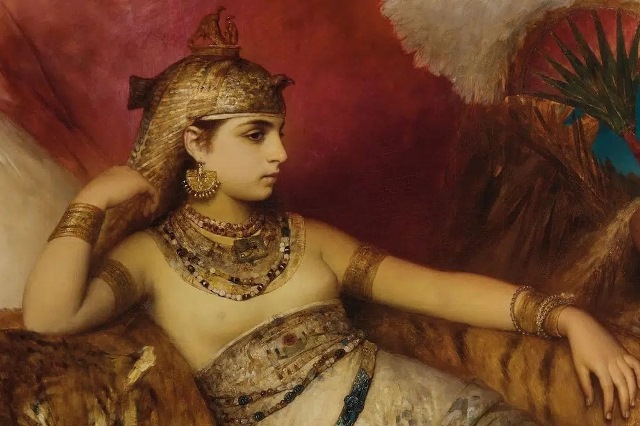
Cleopatra was the last active ruler of the Ptolemaic Kingdom of Egypt and one of the most famous queens in history. She was known for her intelligence, beauty, and political acumen. She formed alliances with powerful men, including Julius Caesar and Mark Antony. Cleopatra managed to maintain her power until her death by suicide in 30 BCE.
Despite her tragic end, Cleopatra remains a significant figure in history. She was a skilled politician and diplomat who navigated the complex politics of her time with intelligence and savvy.
She also contributed to the arts and sciences and is said to have been fluent in several languages. Cleopatra’s story has inspired numerous works of literature, art, and film and continues to captivate the popular imagination today.
Joan of Arc (1412 – 1431)
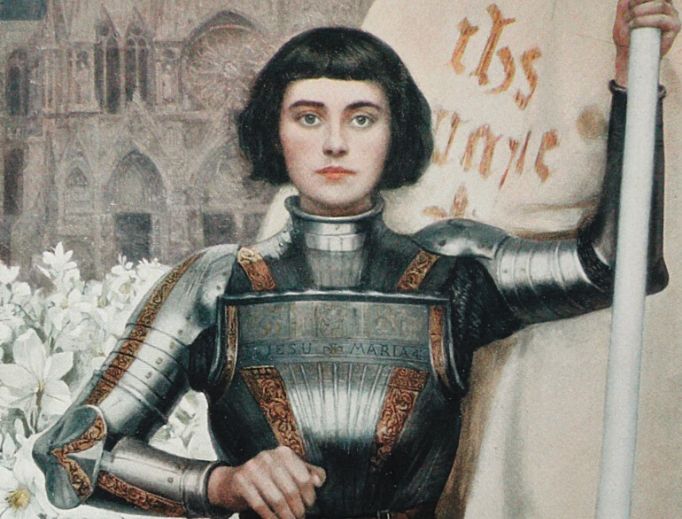
Joan of Arc was a French heroine who played a crucial role in the Hundred Years’ War between France and England. She claimed to have received visions from God, which inspired her to lead the French army to several victories.
She was eventually captured by the English, tried for heresy, and burned at the stake at 19.
Joan’s story has inspired countless literature, art, and film works. She has been celebrated as a national heroine of France and a symbol of resistance against foreign occupation. Joan’s bravery, conviction, and unwavering faith continue to inspire people worldwide today.
Queen Isabella I of Castile (1451 – 1504)
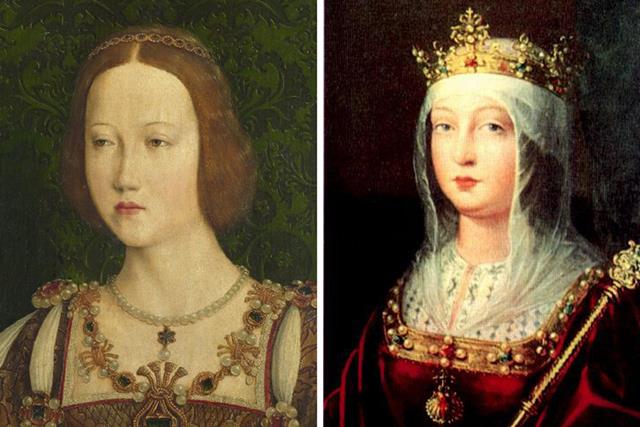
Queen Isabella I of Castile was a powerful queen who ruled over the kingdoms of Castile and León alongside her husband, King Ferdinand II of Aragon. She is known for funding the voyages of Christopher Columbus, which led to the discovery of the New World.
She also sponsored the Spanish Inquisition, which led to the persecution of Jews and Muslims in Spain.
Despite this, Isabella is remembered as a strong and effective ruler who helped to consolidate Spain’s power and expand its territories. She was also a patron of the arts and sciences and sponsored the works of many notable artists, writers, and scholars.
Her reign is considered a golden age of Spanish history. And her legacy continues to be celebrated in Spain and around the world.
Catherine the Great (1729 – 1796)
Catherine the Great was Empress of Russia from 1762 until she died in 1796. She was a patron of the arts, education, and Enlightenment ideas and worked to modernize Russia. She also expanded Russia’s territory through military conquests, particularly in the south.
Despite her many accomplishments, Catherine’s reign was not without controversy. She was criticized for her autocratic rule and handling of the Pugachev Rebellion, a peasant uprising in the late 18th century.
Nevertheless, Catherine’s legacy as an enlightened monarch and patron of the arts continues to inspire admiration and fascination today.
Mary Wollstonecraft (1759 – 1797)
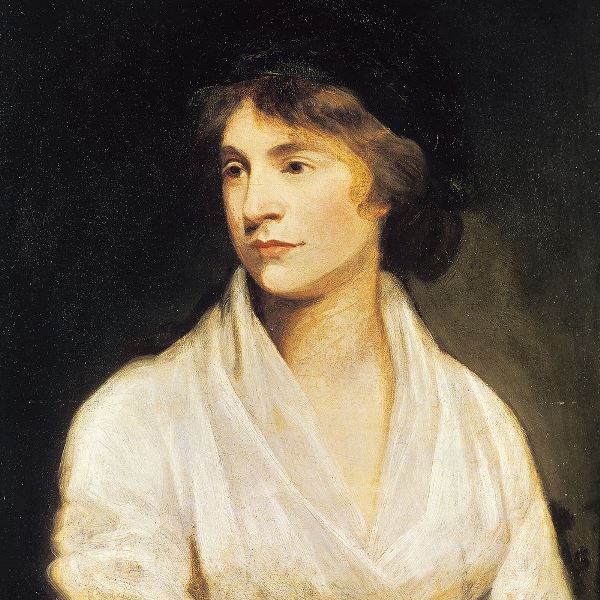
Mary Wollstonecraft was a British writer, philosopher, and advocate for women’s rights. She is best known for her book “A Vindication of the Rights of Woman.” In the book, she argued that women should have the same rights and opportunities as men. Her ideas were influential in the early feminist movement.
Wollstonecraft’s ideas were controversial at the time. But they helped to lay the foundation for the feminist movement that would follow. Her work continues to be studied and admired today for its insights into gender and social justice.
Tragically, Wollstonecraft died at 38, shortly after giving birth to her daughter, who would become the famous novelist Mary Shelley. Despite her short life, Wollstonecraft’s legacy has profoundly impacted how we think about women’s rights and equality.
Queen Victoria (1819 – 1901)
Queen Victoria was the Queen of the United Kingdom of Great Britain and Ireland from 1837 until she died in 1901. Her reign was marked by significant social and economic change, including the growth of the British Empire and the Industrial Revolution. She also became a symbol of morality and family values.
Despite her personal conservatism, Victoria presided over significant social and political change in Britain. She supported the women’s suffrage movement and the abolition of slavery. She also played a key role in forming the Commonwealth, a voluntary association of independent nations with historic ties to Britain.
Florence Nightingale (1820 – 1910)
Florence Nightingale was a British nurse considered the founder of modern nursing. She served as a nurse during the Crimean War and worked to improve the conditions for wounded soldiers. She also worked to improve the standards of nursing and healthcare.
Susan B. Anthony (1820 – 1906)
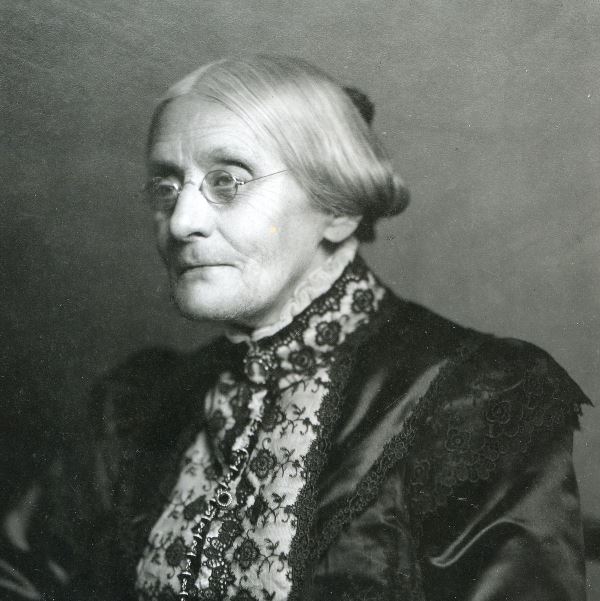
Susan B. Anthony was an American suffragist and civil rights leader who played a pivotal role in the women’s suffrage movement in the United States.
Despite facing intense opposition and ridicule from many quarters, Anthony continued to fight for women’s suffrage until her death.
She famously cast an illegal ballot in the 1872 presidential election and was arrested and fined. Her tireless advocacy and persistence helped to pave the way for the 19th Amendment to the U.S. Constitution, which granted women the right to vote in 1920.
Emmeline Pankhurst (1858 – 1928)
Emmeline Pankhurst was a British suffragette who founded the Women’s Social and Political Union, a militant organization that used direct action to campaign for women’s suffrage. She was arrested multiple times for her activism and went on hunger strikes while in prison. Her efforts helped secure the right to vote for women in the UK in 1918.
Queen Elizabeth I (1533 – 1603)
Queen Elizabeth I was the Queen of England and Ireland from 1558 until she died in 1603. She is known for her long and prosperous reign, which saw significant achievements in literature, art, and trade. She also played a key role in establishing the Church of England and promoting Protestantism.
Elizabeth was a skilled politician and diplomat who navigated the challenges of her reign with intelligence and determination.
These ten women are just a few historical figures who have left their mark on the world. They each had unique experiences and accomplishments but share a common thread of challenging societal norms and breaking down barriers.
From political leaders to social reformers, their legacies continue to inspire and influence generations.
Read: 10 Powerful Women With Groundbreaking Roles in History
Significance of Studying the Lives of Women Who Changed the Course of History
Learning about the lives of women who changed the course of history is incredibly important for several reasons. Firstly, it helps to challenge and disrupt the dominant narrative of history, which has traditionally focused on the achievements of men.
By highlighting the contributions and accomplishments of women, we can begin to recognize and appreciate the vital role that women have played throughout history.
Secondly, studying these women’s lives can provide inspiration and role models for future generations. Seeing the achievements and accomplishments of women who have overcome significant obstacles and achieved great success can be incredibly motivating and empowering.
Additionally, learning about the lives of these women can provide important insights into how gender, race, and other factors have influenced the course of history.
Finally, studying the lives of women who changed the course of history can help us to appreciate the diversity and richness of the human experience.
Why Powerful Women in History Are Still Important Today
Looking back on the lives and legacies of these ten women, it is clear that they have had a profound impact on the course of history. From Cleopatra to Elizabeth I, these women challenged social norms and political conventions, and their achievements paved the way for future generations.
However, while we celebrate the accomplishments of these women, it is important to remember that their struggles and successes are not isolated incidents. Women across the globe continue to face barriers to equality, from systemic discrimination in the workplace to violence and harassment in their daily lives.
Moving forward, we must continue to study and celebrate the contributions of women in history. At the same time, we must also work towards a more equitable and just future. This includes not only famous figures like those we discussed but also everyday women whose stories are often overlooked.
By shining a light on women’s experiences and contributions, we can gain a complete understanding of the past and work towards a more just and equitable future.
Furthermore, we must continue to address and challenge gender inequality in all its forms, from the wage gap to gender-based violence. By advocating for gender equality and amplifying the voices of women, we can create a more inclusive and just society for all.
Before you go…
Hey, thank you for reading this blog to the end. I hope it was helpful. Let me tell you a little bit about Nicholas Idoko Technologies. We help businesses and companies build an online presence by developing web, mobile, desktop, and blockchain applications.
We also help aspiring software developers and programmers learn the skills they need to have a successful career. Take your first step to becoming a programming boss by joining our Learn To Code academy today!











